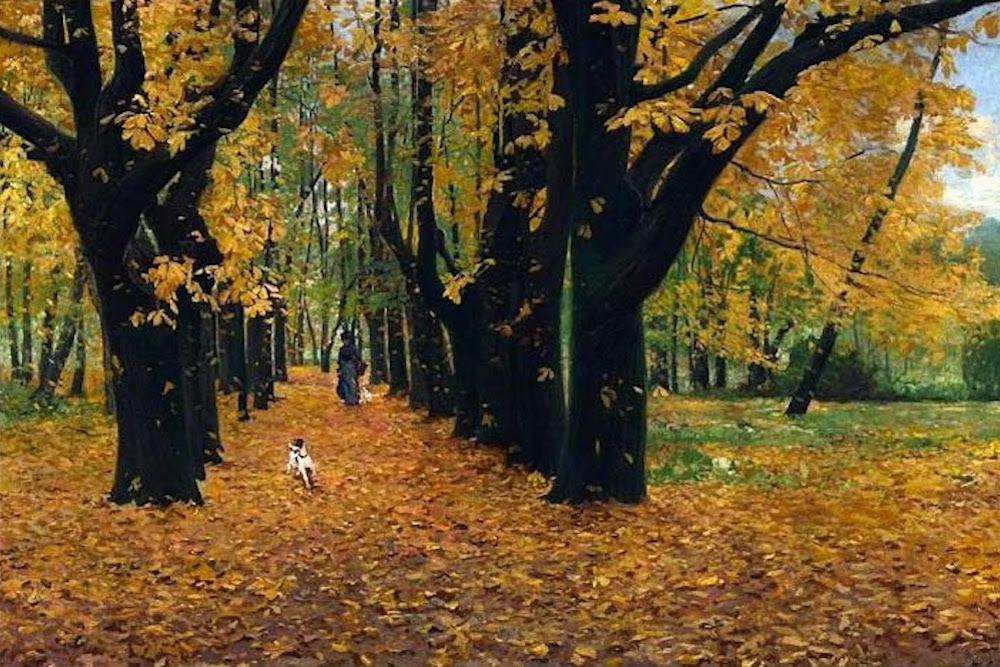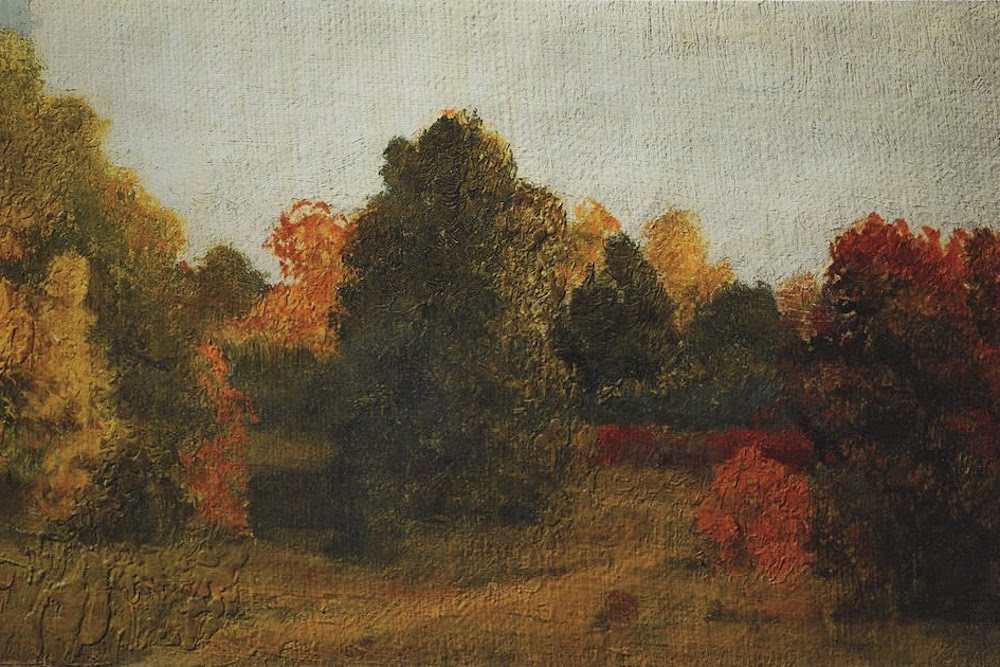Every week, the editors of The Paris Review lift the paywall on a selection of interviews, stories, poems, and more from the magazine’s archive. You can have these unlocked pieces delivered straight to your inbox every Sunday by signing up for the Redux newsletter.
This week at The Paris Review, autumn has arrived. Read on for Ali Smith’s Art of Fiction interview, Robert Walser’s work of fiction “From the Essays of Fritz Kocher,” and Evie Shockley’s poem “ex patria.”
If you enjoy these free interviews, stories, and poems, why not subscribe to The Paris Review? Or, to celebrate the students and teachers in your life, why not gift our special subscription deal featuring a copy of Writers at Work around the World for 50% off? And for as long as we’re flattening the curve, The Paris Review will be sending out a new weekly newsletter, The Art of Distance, featuring unlocked archival selections, dispatches from the Daily, and efforts from our peer organizations. Read the latest edition here, and then sign up for more.
Ali Smith, The Art of Fiction No. 236
Issue no. 221, Summer 2017
INTERVIEWER
Were you pleased to see Autumn referred to as “the first serious Brexit novel”?
SMITH
Indifferent. What’s the point of art, of any art, if it doesn’t let us see with a little bit of objectivity where we are? All the way through this book I’ve used the step-back motion, which I’ve borrowed from Dickens—the way that famous first paragraph of A Tale of Two Cities creates space by being its own opposite—to allow readers the space we need to see what space we’re in.
From the Essays of Fritz Kocher
By Robert Walser
Issue no. 205, Summer 2013
When autumn comes, the leaves fall off of the trees onto the ground. Actually, I should say it like this: When the leaves fall, autumn is here. I have to work on improving my style. Last time the teacher wrote: Style, wretched. It’s upsetting but there’s nothing I can do about it.
ex patria
By Evie Shockley
Issue no. 228, Spring 2019
(quattro stagioni: primavera, estate, autunno, inverno)
a mythology can ask why is autumn so beautiful and why is winter, blight-stricken as it is, so arresting? a mythology, as opposed to a young person, can find autumn and winter much more striking than summer, sun-bleached summer, so legibly the scene of happiness that nothing else can really happen there. a mythology can see the blood in spring, the stages of growth a kind of violence the body does to itself, it will never be this way again yet it can’t get on to the next moment fast enough.
And to read more from the Paris Review archives, make sure to subscribe! In addition to four print issues per year, you’ll also receive complete digital access to our sixty-seven years’ worth of archives.
from The Paris Review https://ift.tt/3cG0tSW



Comments
Post a Comment